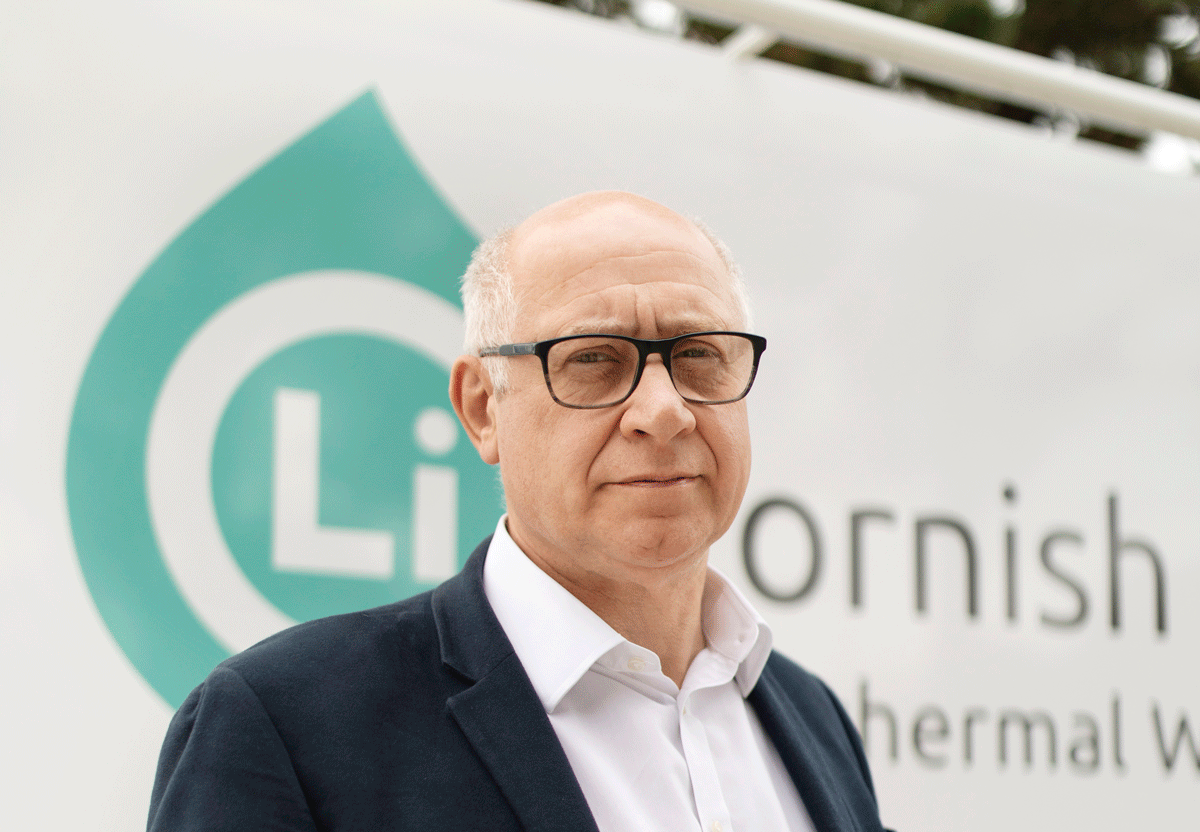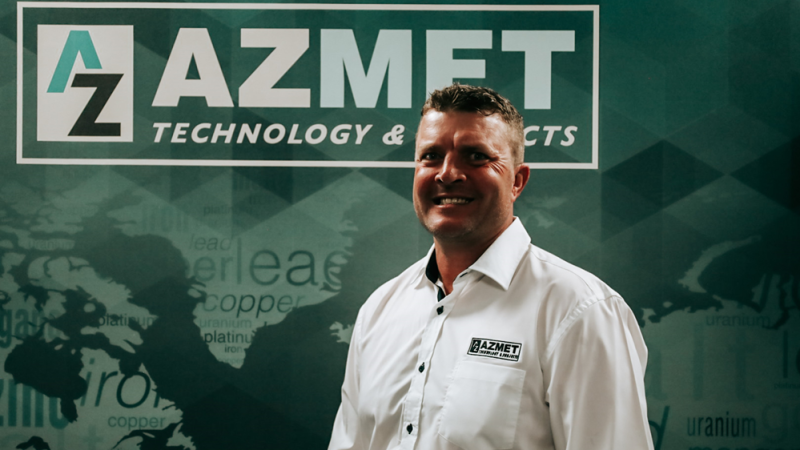Cornish Lithium CEO, Jeremy Wrathall is a mining engineer by profession and has financed mines all around the world. Having obtained his degree at the world-renowned Camborne School of Mines in Cornwall he has a longstanding affinity with Cornwall and especially with the amazing geology that has led to 4000 years of mining in the County.
Working in mining finance and commodities Wrathall developed a good understanding of trends in demand, and looking to the future he saw one trend that he thought would be a big one. “In 2016 I looked at the impact electric vehicles (EVs) might have on commodities, and I realised lithium was the vital ingredient,” Wrathall tells us. “At the time I saw that lithium was a small market but realised that as the trend towards electric vehicles grew the market for lithium would grow exponentially. Looking back, the adoption of EVs has been even faster than anyone expected.”
As he started thinking about lithium, Wrathall recalled a conversation with a friend from a few years previously and started to research historical records of lithium in Cornwall. These records showed that the deep tin and copper mines of Cornwall were often plagued by “hot springs” of water that made the miner’s lives very difficult. The miners at the time could not understand why this hot water was salty, despite being a long way from the coast and hence they asked Professor Miller from Kings College London to analyse it. Famously, in 1864 he recorded that “the water issuing in great quantities at these depths is rich in lithium.”
Many other recordings of these hot springs followed but given there was little use for lithium at the time – and when the last tin mine closed in 1998 the occurrence of lithium in Cornish mines was quickly forgotten.
Once he rediscovered these historical records Wrathall recognised that they were quite widespread across Cornwall and hence there must be a geological connection and a potential opportunity. As it turned out what he found was a unique resource.
Having identified a potential opportunity, he quickly set out to talk to land and mineral owners across Cornwall in order to secure his “first mover” advantage.
“Everyone thought I was crazy,” he says. “But they don’t think that anymore.”
Playing to the Crowd
The next step in Cornish Lithium’s story was to secure financing and the first funding came from angel investors who understood mining and the associated risks, but what he had not expected was how much his project would capture the public imagination.
“We received a huge amount of publicity,” Wrathall says. “People were writing to us wanting to invest as well.”
“My response to potential investors who wrote to us was ‘No, it is too risky,’ but they were insistent,” he says. “So, we started looking into possible funding mechanisms and identified the possibility of crowdfunding during 2019. Our first crowdfunding was a great success & in subsequent rounds, we raised £1 million in just 27 minutes and over £5 million overall.”
The initial crowdfunding was to enable Cornish Lithium’s project to extract lithium from water, but as that project was getting off the ground, Wrathall was alerted to a new opportunity, also in Cornwall.
“In 2017 I received a phone call from a retired member of the British Geological Survey (BGS) who told me that there had been a lithium mine in Cornwall during World War Two,” Wrathall says. “It turned out that the mine was on land owned by an estate that we already had an agreement with and so now we have two projects, one to extract lithium from water and another from hard rock.”
Homegrown Talent
It is not hard to see why Wrathall’s projects captured the imagination as much as it has. As he says, the transition to electric vehicles is well underway, but that transition relies on lithium – lithium that is hard to come by in local markets.
“There is no battery grade Lithium production in Europe right now,” Wrathall points out. “There are quite a few projects planned in Europe, but production is primarily out of Chile, Argentina, and Australia. Most of that production is then sent to China for processing.”
Cornwall Lithium’s projects use a lot of new technology, but Britain has a lot of experience in chemical engineering, so the firm has successfully tapped into this knowledge pool.
“Extraction of lithium from geothermal waters beneath the surface is a technological field that has exploded alongside demand for lithium, given its low impact on the environment,” Wrathall says.
No Way Back
The demand for lithium in the British auto industry is obvious.
“The automotive sector is waking up to the huge importance of lithium – as without lithium you cannot build a battery and without a battery, you cannot build an electric car. It is the essential element of the electric revolution,” says Wrathall. “Automotive companies are rapidly going down the road to electrification and there is no going back.”
Wrathall tells us about this only a few days after British Prime Minister Rishi Sunak announced the deadline for the UK’s ban on new internal combustion engine-powered vehicles has been pushed back. The announcement has not shaken his confidence.
“Automotive companies are already moving too fast to stop,” Wrathall says. “We are going down the EV track very fast and car companies are acutely aware that they have to source these critical raw materials.”
Wrathall expects demand in the UK to really start ramping up around 2026 when the big battery plants are built – which lines up neatly with when he expects his projects to enter production.
“We will also produce by-products with far-reaching implications for Cornwall,” he says. “The lithium-enriched brine we pump to the surface is hot at around 80 degrees centigrade, not enough to turn a turbine, but enough to heat a greenhouse or an industrial boiler. Given that we expect these brines to occur over a very large area of Cornwall we can go to existing industrial heat users and offer to supply them with heat and water.”
The overall story is compelling as Britain seeks to move towards electric vehicles and renewable energy. Producing sustainably sourced lithium for UK battery and automakers in conjunction with heat for Cornish-based businesses means that Cornwall might just turn out to be the breeding ground for the UK’s green revolution.







